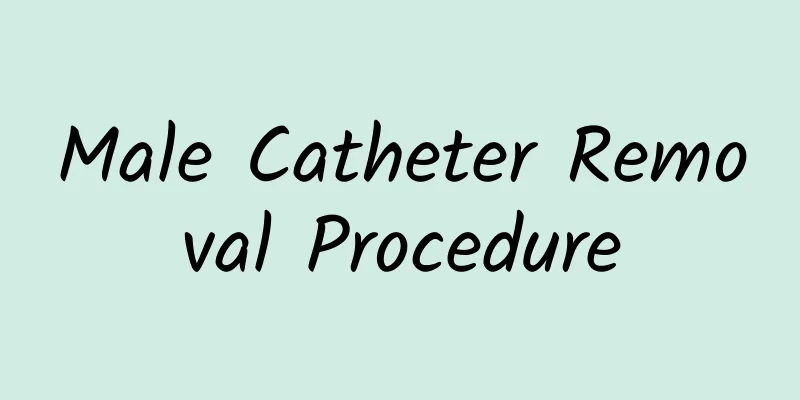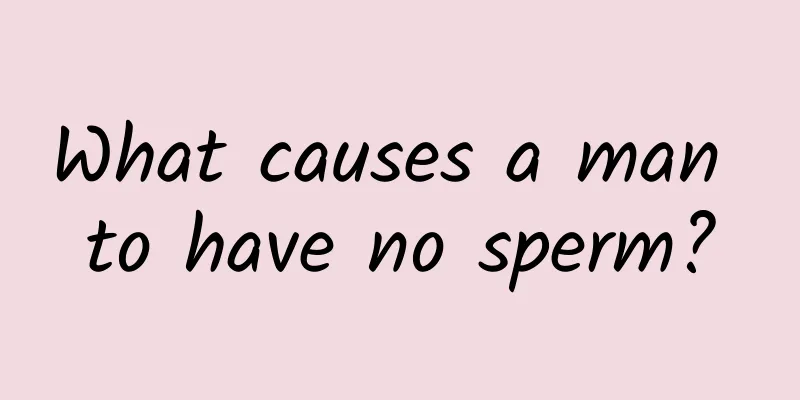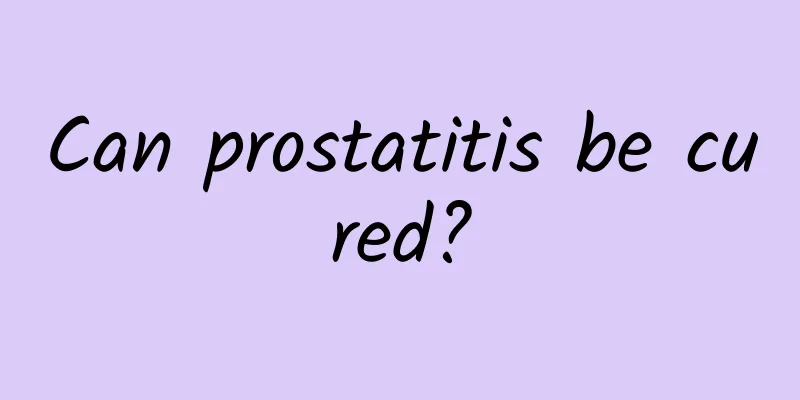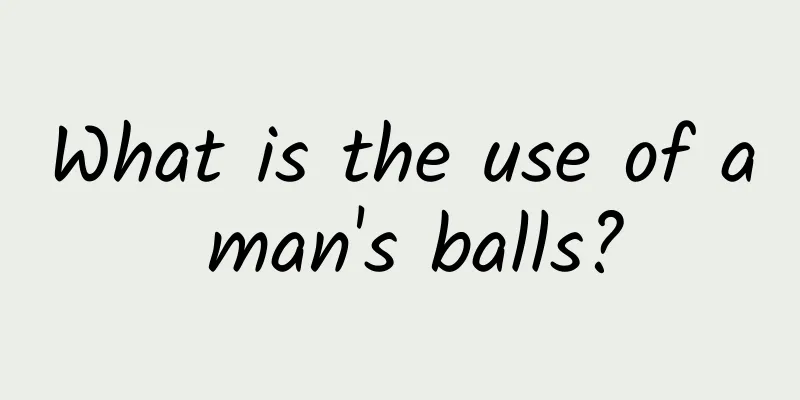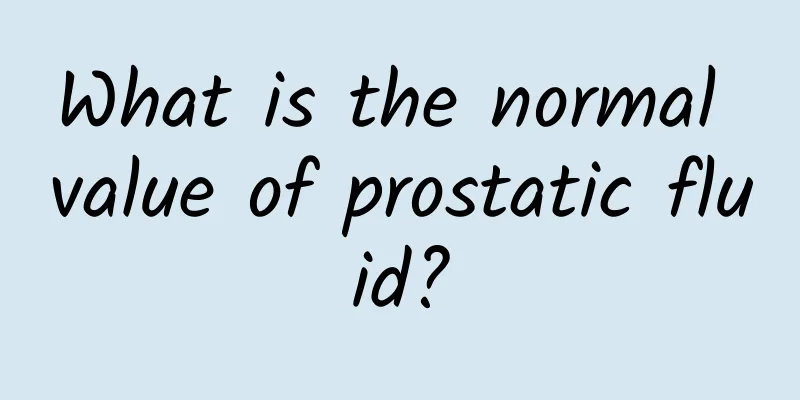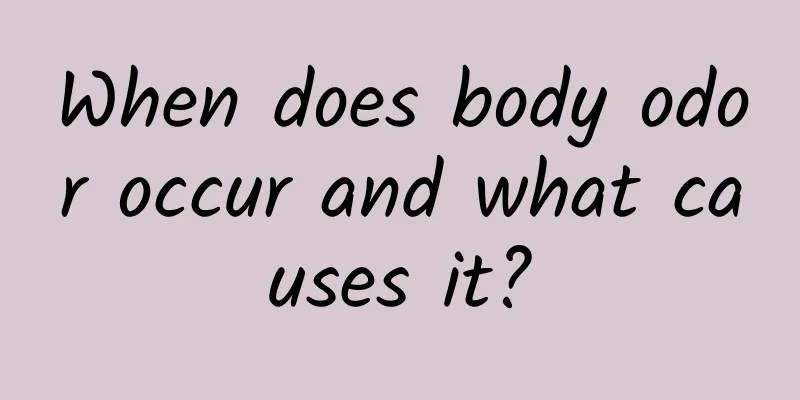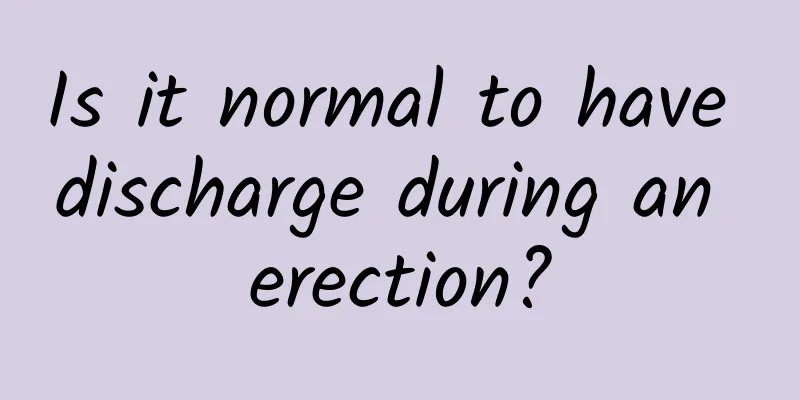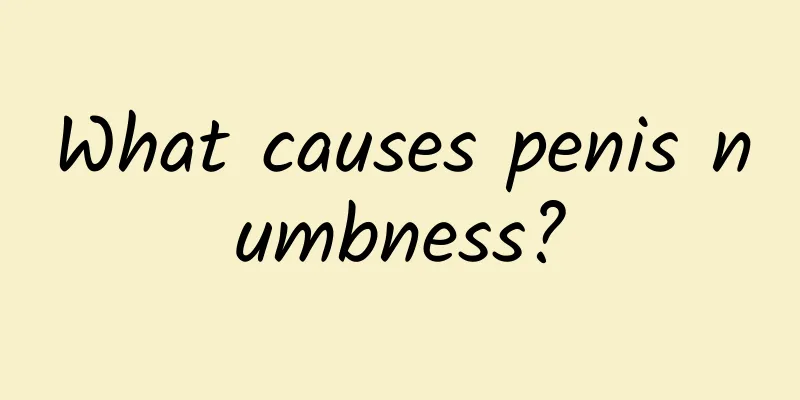What are the treatments for non-gonococcal prostatitis?
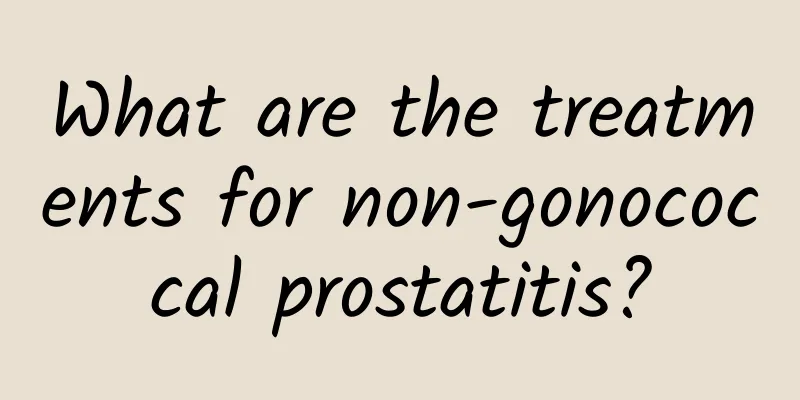
|
For male friends, the prostate is a very critical part and very sensitive. If you don't pay attention to hygiene during sex, once infected with a virus, various inflammations will occur, and you will be threatened and harmed by sexually transmitted diseases. Non-gonococcal infection is a common one. So what are the treatments for non-gonococcal prostatitis? Non-gonococcal prostatitis, also known as aseptic prostatitis, is a chronic inflammatory disease of the prostate caused by non-gonococcal infection factors. The main causes of the disease include chlamydia, mycoplasma, viral infection, prostate congestion, urine reflux, as well as psychological factors, immune factors, etc. Statistics show that chronic non-bacterial prostatitis accounts for about 64% to 90% of prostatitis patients, and is a common and frequently occurring disease in young and middle-aged men. Because this disease is often characterized by abnormal urination and white urine at the end of the urine, it belongs to the category of diseases such as "stranguria", "semen turbidity", "white prostitution" in traditional Chinese medicine, and is commonly known as "white urine" in folk medicine. The treatment objectives of chronic nonbacterial prostatitis vary in emphasis at different stages of the disease. In the early stages of the disease, the goal is to eliminate the continuous stimulation of adverse pathogenic factors, relieve prostate congestion, and improve the pathological characteristics of prostate fluid accumulation and stagnation; in the middle stages of the disease, the focus should be on slowing down the fibrosis of prostate tissue; in the late stages, the focus should be on improving or slowing down the wrinkles of prostate tissue to promote the normal function of its secretion function. Since the cause of chronic nonbacterial prostatitis is unknown, Chinese medicine should be the main treatment. Only when the pathogen is confirmed to be mycoplasma, chlamydia, or virus should the corresponding symptomatic treatment of Western medicine be used. Once the pathogen is eliminated, if the symptoms and signs are not completely eliminated, Chinese medicine should be used as the main treatment. Drinking tea in daily life can prevent and improve urinary tract inflammation. Eucommia, Cordyceps sinensis, Lycium barbarum, Cordyceps sinensis have the effects of anti-inflammatory and antibacterial, clearing away dampness and heat, nourishing the kidney and replenishing qi, and nourishing qi and blood. It is recommended to eat more foods with high melanin content, such as black beans, black rice, black sesame, walnuts, black fungus, etc. Animal meat, eggs, bone marrow, black sesame, cherry, mulberry, yam, etc. also have different degrees of kidney-tonifying effects. The above article clearly introduces the treatment methods for non-gonococcal prostatitis. I hope it will be helpful to patients. Treating this disease is not a short-term thing. We still need to remain patient and be mentally prepared for long-term treatment. At the same time, we also need to realize that only by combining prevention and treatment, and avoiding reinfection while treating, can the problem be solved. |
<<: How to deal with middle-aged men drooling while sleeping?
>>: What are the symptoms of non-gonococcal prostatitis
Recommend
What causes men's small testicles? Three major factors
Generally speaking, normally developed male testi...
Waking up with an erection
Adult men can eat more aphrodisiac foods to incre...
Penile coronal sulcus pain
The penis is a very important part of the male re...
The pros and cons of eating saffron for men
The various special ingredients in rose tea can d...
What are the benefits of eating Guyuan Paste for men?
Guyuan Paste, also known as Ejiao Paste, is a hea...
How to extract semen for examination
Semen examination can effectively detect male rep...
List of top male enhancement secrets from various countries
Male enhancement is like female breast enhancemen...
Circumcision surgery process
Problems such as prepuce being too long are commo...
Is it good or bad for men to have chest hair?
People often describe women's sexiness as plu...
Five major scrotal lesions indicate that you should see a doctor for scrotitis!
The scrotum of men is a very important part of th...
How to remove the fishy smell of pork liver? Here is a trick to help you solve it
In traditional Chinese medicine theory, if you as...
Why do men often have headaches? Authoritative experts tell you
Some men will experience headaches for no apparen...
What are the symptoms of chronic prostatitis?
When chronic prostatitis occurs, it will stimulat...
There are small bumps on the glans that do not hurt or itch
The presence of small bumps on the male glans als...
How to remove freckles with almonds? How to make almond freckle cream?
Almonds contain amygdaloid fat, which can lighten...
